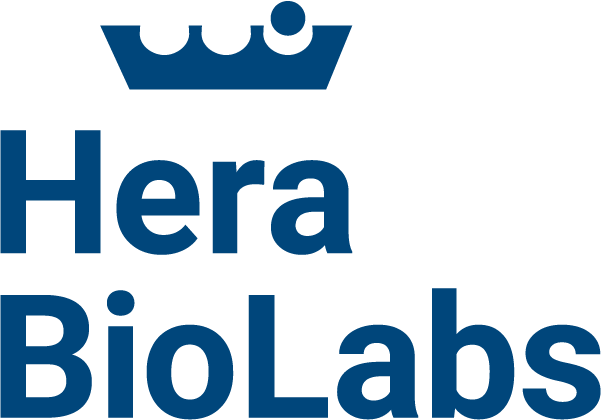First time treatment of Chronic Lymphocratic Leukemia (CLL) generally requires a chemotherapy regimen that includes fludarabine. And although this potent drug combination has an astounding overall response rate of more than 90%, the unfortunate reality is that most patience will eventually relapse. And even more concerning is that in addition to the relatively small percentage of patients who are inherently resistant to fludarabine treatments from the start, with each subsequent use of this chemotherapy cocktail, data shows increased patient populations with acquired resistance to fludarabine-based chemotherapy, which ultimately presents a significant challenge for long-term disease control.
In order to better understand which specific genes and genetic pathways are mediating fludarabine resistance, Pandzic et al performed a “piggyBac transposon mutagenesis screen in a human CLL cell line” and their findings were recently reported in Clinical Cancer Research. In this study, a CLL cell line was subjected to random mutagenesis through integration of piggyBac transposons into genomic DNA. The cells were screened for resistance to fludarabine and the insertion sites of the piggyBac transposons identified through the use of Splinkerette PCR (spPCR). This screen not only revealed known resistance mediator genes, such as DCK (deoxycytidine kinase), but it also identified three novel genes, including BMP2K, which was shown to modulate response to fludarabine, although it had previously not been linked to CLL patients with fludarabine resistance.
This study demonstrated that piggyBac transposon mutagenesis screens have the ability to help lead the way when it comes to identifying genes that mediate patient sensitivity to specific drug therapies, including, but not limited to fludarabine-based chemotherapy. The piggyBac transposon is one of Hera BioLabs core technologies and we can assist with establishing various genome engineering and mutagenesis screens utilizing piggyBac in combination with CRISPR/Cas9.
